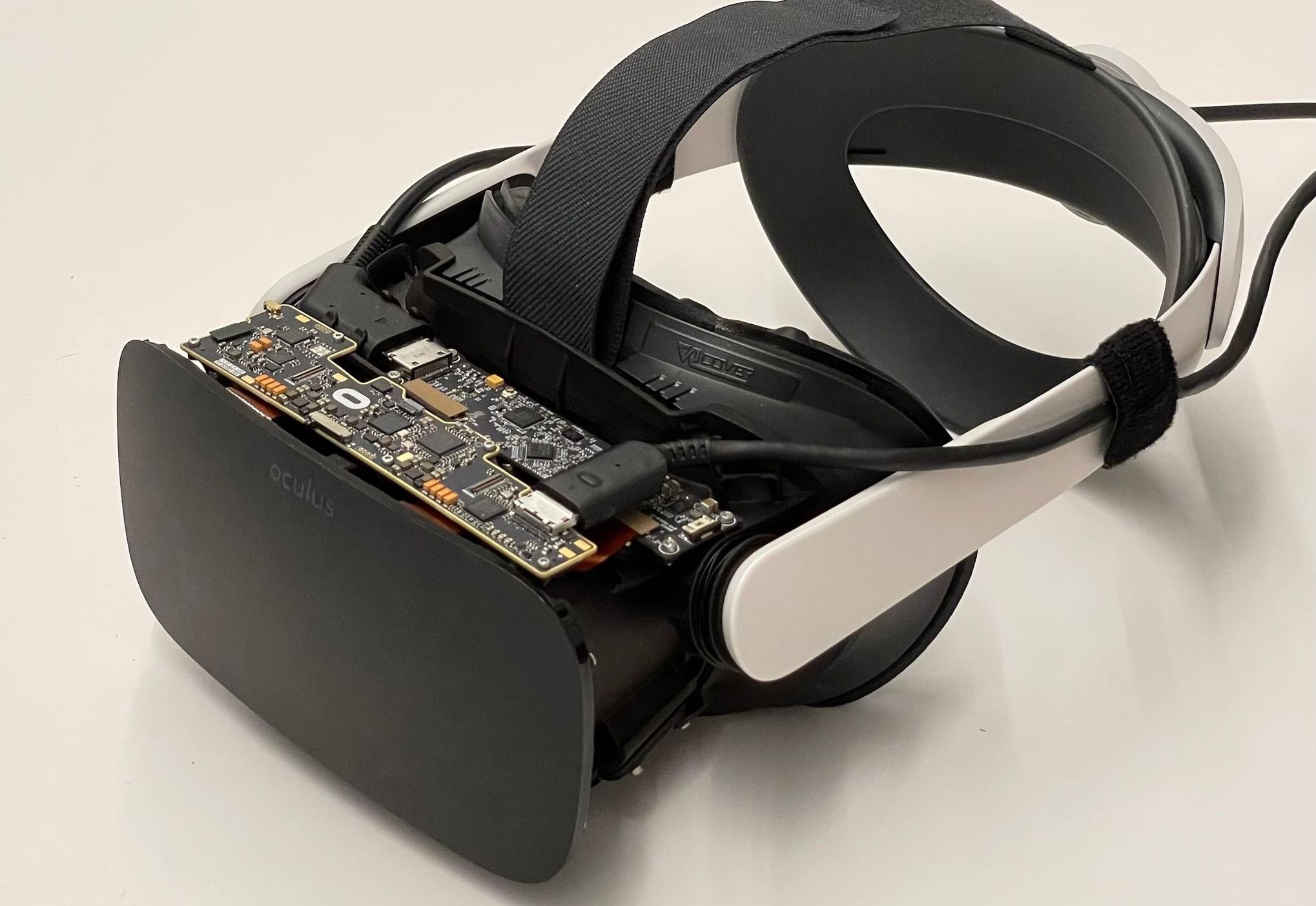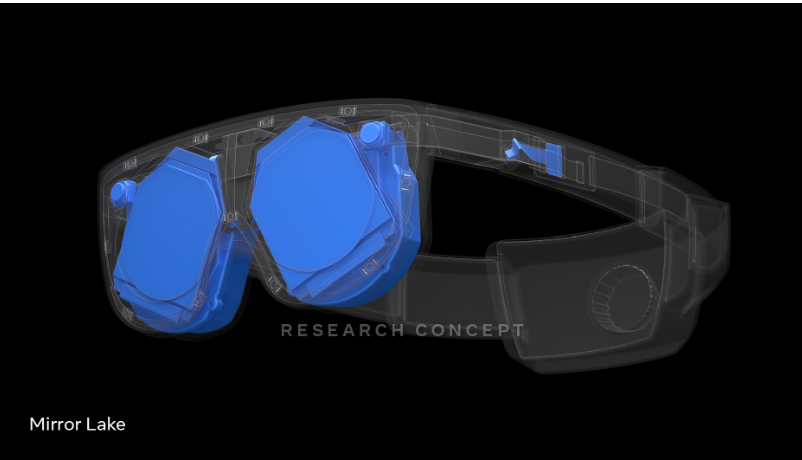Meta’s Mark Zuckerberg reveals how he plans to pass the ‘visual Turing test’ with new VR headsets
Almost every major technology firm is trying to develop VR headsets – and running into problems

Meta’s Mark Zuckerberg has revealed how he hopes the company will overcome the “visual Turing test”.
The test is an expression of the idea that virtual reality must become so believable and indistinguishable from real life that it will not be possible to tell the difference. It takes inspiration from the real Turing test, which an artificial intelligence would pass if its answers to questions could not be told apart from a humans’.
The company has set itself a challenge of passing it as soon as possible, he said, and has referred to it as the “holy grail of display research”. But Mr Zuckerberg admitted that it is a major challenge, that will require breakthroughs in a whole host of different technologies.
While current virtual reality headsets do offer three dimensional, sometimes realistic experiences, there is no way they would be confused with real life, given their bulky design, distorted views and limited resolution.
It is trying to overcome those problems with a variety of different prototypes that have used different technologies to overcome those problems. Its ‘Butterscotch’ test unit has high resolution, the ‘Starburst’ one has high dynamic range, and ‘Holocake 2’ is thin and light enough to wear easily on the head – but so far, those fixes have not been combined in one headset.
They each also come with their own major drawbacks. Starburst uses intense lights to give enough high dynamic range as to be realistic, and Butterscotch has a high-resolution screen that makes it precise enough to show the 20/20 line on an eye test, but they are also both prohibitively bulky and heavy, for example.
Mr Zuckerberg did reveal another idea, called ‘Mirror Lake’, which he said would look like ski goggles and include all of those technologies into one design. But it remains only a “potential pathway” to the goal of beating the visual Turing test, and it still remains only a possibility.

As chief executive of Meta, Mr Zuckerberg has looked to move it from being best known as the Facebook parent company into a VR research firm. He detailed the work on that in a meeting with press, which demonstrated the work of Meta’s “Display Systems Research” team.
That team is tasked with bringing Mr Zuckerberg’s vision for virtual reality into actual reality. When Meta rebranded from being known as Facebook, Mr Zuckerberg shared that vision for the metaverse in detail, but noted that it will require major breakthroughs in VR technology to actually work.
Almost all major technology companies have been looking to move into virtual reality. As well as Meta’s ongoing research, Apple’s VR and augmented reality ambitions have been widely reported, and Google and Microsoft have revealed their own products too.
Join our commenting forum
Join thought-provoking conversations, follow other Independent readers and see their replies
Comments
Bookmark popover
Removed from bookmarks